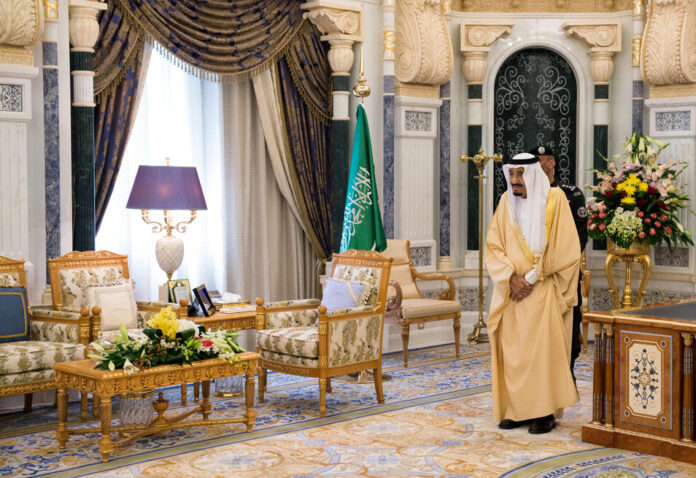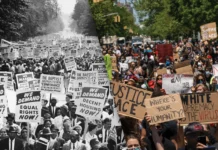In the heart of the Arabian Peninsula, a powerful dynasty has held sway for nearly a century, shaping the destiny of a nation and exerting influence on a global scale. The Kingdom of Saudi Arabia, with its vast oil wealth, strategic geopolitical location, and Islamic significance, is governed by the House of Saud, a family that has dominated the kingdom since its founding. In this article, we will delve into the history, power dynamics, and challenges faced by the House of Saud as it continues to rule Saudi Arabia.
The Birth of a Kingdom
Saudi Arabia, as we know it today, emerged in the early 20th century from the Arabian Peninsula’s diverse and often fractious tribal societies. In 1932, Abdulaziz Ibn Saud, the leader of the House of Saud, consolidated his rule over the region, uniting various tribes and regions to establish the Kingdom of Saudi Arabia. This marked the beginning of a unique and enduring political dynasty.
The House of Saud’s Rule
The House of Saud’s rule has been characterized by a fusion of religion and politics. Saudi Arabia is the birthplace of Islam, and its rulers have long considered themselves the guardians of the faith. This religious legitimacy has allowed the House of Saud to maintain its grip on power and assert itself as a prominent voice in the Islamic world. The alliance between the House of Saud and conservative religious clerics, known as the Wahhabi establishment, has been central to the kingdom’s identity and stability.
Challenges to the House of Saud
While the House of Saud has successfully maintained control over Saudi Arabia for decades, it faces several significant challenges that could shape the future of the kingdom:
- Succession: The House of Saud has a complex system of succession, with power passing among different branches of the family. Ensuring a smooth transition of power is crucial to maintaining stability. The younger generation of royals may have different ideas and priorities, potentially leading to internal disputes.
- Economic Diversification: Saudi Arabia’s economy has long relied on oil revenues. The need for economic diversification and reducing dependence on oil is becoming increasingly urgent, as global demand for fossil fuels wanes. Vision 2030, an ambitious reform program launched by Crown Prince Mohammed bin Salman, aims to address this challenge by promoting economic diversification and social modernization.
- Regional Conflicts: Saudi Arabia is a key player in regional conflicts, including the ongoing rivalry with Iran, the war in Yemen, and diplomatic disputes with neighboring countries like Qatar. These conflicts have the potential to strain the kingdom’s resources and influence its stability.
- Social Reform: As the kingdom seeks to modernize and open up to the world, social reforms, including women’s rights and greater personal freedoms, are being pursued. While these reforms are essential for long-term stability, they can also provoke resistance from conservative elements within society.
- International Relations: Saudi Arabia’s relationships with Western powers, particularly the United States, are essential for its security and economic interests. The kingdom must navigate complex international dynamics and adapt to shifting alliances.
The House of Saud’s rule in Saudi Arabia is a fascinating blend of tradition, religion, and modernity. As the kingdom faces a changing global landscape and domestic challenges, the House of Saud must adapt to secure its position and lead Saudi Arabia into the future. Succession, economic diversification, regional conflicts, social reform, and international relations are just some of the critical issues that will shape the kingdom’s destiny in the years to come. Saudi Arabia remains a nation to watch, with the House of Saud at the helm, navigating the complexities of the modern world while upholding its historical and religious significance.
Views: 34






